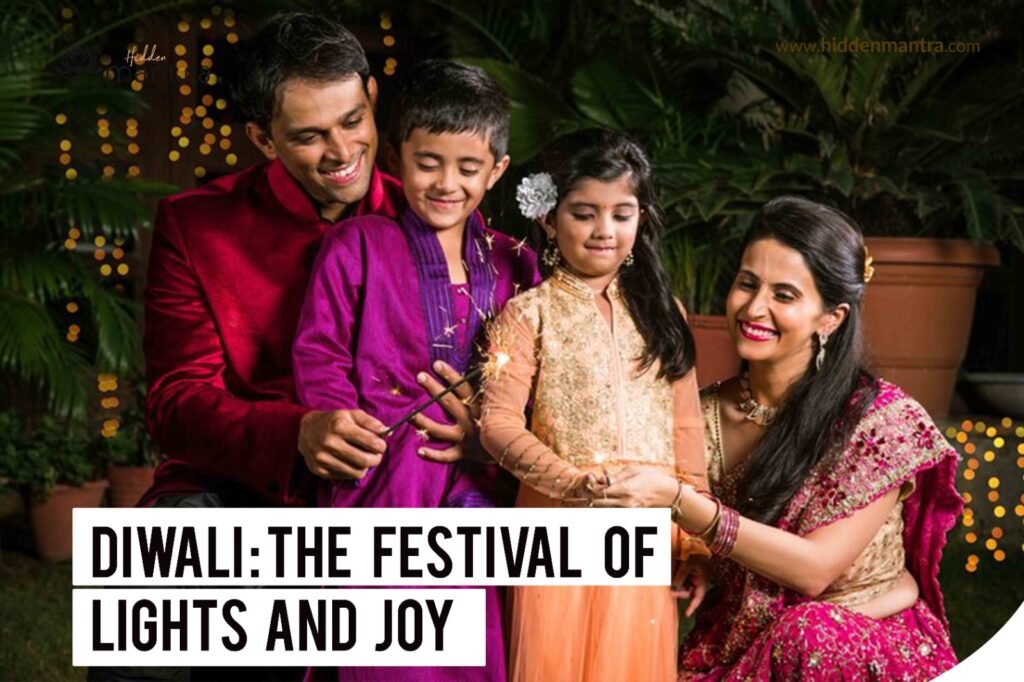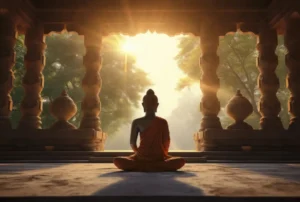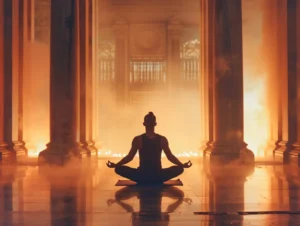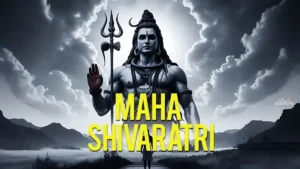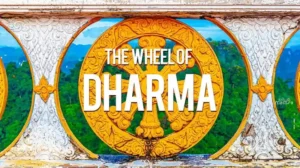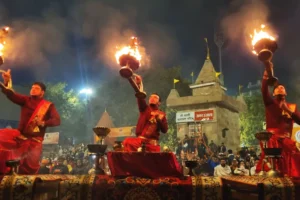Table of Contents
ToggleDiwali, also known as Deepavali, is a vibrant and significant festival celebrated mainly in India, but it’s also embraced by many around the world. It’s a joyous occasion that marks the victory of light over darkness, knowledge over ignorance, and good over evil. The festival spans over five days and is marked by various rituals, joyous gatherings, and bright decorations.
The Stories Behind Diwali
Diwali is associated with several stories that vary across different regions of India. One of the most renowned tales is the return of Lord Rama, Sita, and Lakshmana to their kingdom of Ayodhya after defeating the demon king Ravana. The people of Ayodhya welcomed them by lighting oil lamps, symbolizing the triumph of good over evil and illuminating their path back home.
Another legend is about Lord Krishna defeating the demon Narakasura, freeing the world from his tyranny. The bursting of firecrackers during Diwali is said to represent the celebration of this victory.
The Celebration
The festivities begin with cleaning and decorating homes and workplaces. People believe that Goddess Lakshmi, the goddess of wealth and prosperity, visits clean and brightly lit homes. Therefore, cleaning and decorating symbolize welcoming prosperity and goodness into their lives.
On the day of Diwali, families wake up early, take an oil bath, wear new clothes, and perform prayers. The lighting of diyas (oil lamps) and candles is central to the celebrations. Houses and streets are adorned with colorful rangoli (decorative patterns made on the floor) to welcome guests and bring good luck.
Sweets and snacks are prepared and shared among families and friends. Exchanging gifts, visiting relatives, and enjoying the festive spirit are all part of the celebration. Fireworks and firecrackers light up the night sky, adding to the dazzling display of light and color.
Also Read: Happy Diwali Wishes in English 2025
The Significance of Diwali
Diwali carries deep symbolic meaning beyond its festivities. It’s a time for self-reflection, forgiveness, and letting go of grudges. It’s about embracing the light within and illuminating the world with kindness and compassion
Diwali Around the World
Though Diwali has its roots in India, its celebration has spread to many parts of the world. In various countries with a significant Indian diaspora, like Nepal, Sri Lanka, Singapore, and other regions, Diwali is observed with great enthusiasm. Cities outside India often host Diwali fairs, cultural events, and firework displays to mark the occasion.
Eco-Friendly Diwali
In recent times, there has been a growing awareness about celebrating an eco-friendly Diwali. Concerns about air and noise pollution due to firecrackers have led many to opt for celebrating with lamps, candles, and spreading joy through acts of kindness rather than contributing to environmental harm.
The Spirit of Togetherness
Diwali transcends religious boundaries and brings people together. It’s a time when the streets echo with laughter, the aroma of traditional sweets fills the air, and everyone revels in the joyous spirit of the festival. It’s a time to cherish togetherness, regardless of differences.
Conclusion
Diwali, the Festival of Lights, is a celebration that represents the triumph of good over evil and the importance of spreading light in a world that at times seems dark. It’s a time for family, friends, love, and hope. Whether it’s through the sparkle of diyas or the warmth of shared moments, Diwali continues to illuminate hearts around the world, spreading joy and happiness.
In essence, Diwali is a beautiful reminder of the power of goodness and the importance of spreading light in a world that at times seems dark. The festival is a celebration of joy, togetherness, and the victory of light over darkness.
Also Read : Dev Diwali in Varanasi
